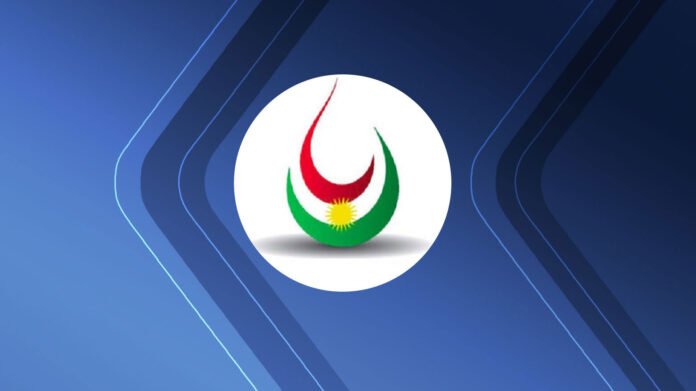Drone attacks have hit oil fields in Duhok province, raising alarm across the Kurdistan Region. The KRG’s natural resources ministry condemned these drone attacks, warning of threats to the Region’s economy.
In a statement, the ministry said terrorists used bombing drones against key oil sites. The strikes hit fields in Peshkhabour, Tawke, and Ain Safni. While no lives were lost, the attacks caused significant damage.
Leaders called for help. The ministry urged the federal government and international partners to protect workers and keep energy secure. They demanded fast action to stop more drone attacks.
Earlier, security forces shared shocking details. Two drones hit the Peshkhabour oil field between 6:00 and 6:15 in the morning. Another drone targeted the Tawke field at 7:00 a.m.
A Norwegian company runs these oil fields. The firm confirmed damage from the strikes. It stopped work at its sites to check for risks. Company leaders promised to restart oil flow after they finish repairs.
No one got hurt during the attacks. Yet workers feel nervous as drone attacks keep happening. Companies stay alert and ready for any danger.
Another oil company, Gulf Keystone Petroleum, reacted fast. They shut down their Sheikhan oil field. Although their sites were safe, they took steps to protect staff.
Drone attacks have hit oil sites for three days in a row. On Tuesday, drones struck the Sarsang oil field in Duhok. An American company confirmed an explosion there. They paused work while they inspect damage. Thankfully, everyone stayed safe.
On Monday, drones tried to hit the Khurmala oil field near Erbil. However, coalition forces stopped the drones. No injuries happened, but tension remains high.
The Region’s presidency condemned the violence. Leaders asked Baghdad to catch those responsible for these drone attacks. They want stronger protection for vital sites.
Political leaders across the country also spoke out. They called the strikes an attack on national security and stability.
Drone attacks have surged since recent regional conflicts. Leaders blame rising tension between other countries for fueling violence. No group has admitted to carrying out the latest strikes.
Some officials accused the Popular Mobilization Forces of involvement. However, central leaders denied these claims. They called the accusations unfair.
Now, leaders watch closely for new threats. The future of energy production—and the region’s stability—depends on stopping drone attacks. Many hope peace returns soon.

